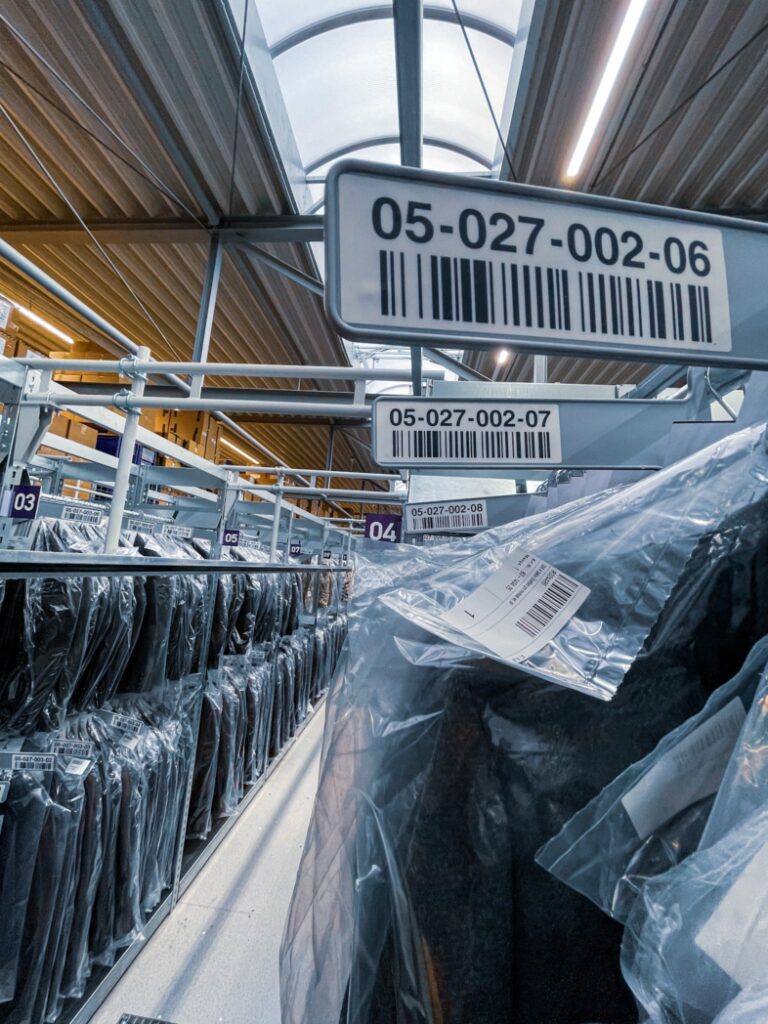Airbus announces two “green” initiatives
Airbus and the University of Cape Town study bird flocking formations for future jet flight; and Lufthansa and Airbus launch the world’s first passenger bio-fuel flights. Airbus has teamed up with the University of Cape Town (UCT) to study the potential benefits and impact of formation flying and investigate if this could be applied to passenger services to reduce fuel burn. According to Professor Christiaan Redelinghuys, head of the Mechanical Engineering Dept, which is undertaking the two-part study, when birds fly in formation, the leading bird’s wings generate trailing vortices of air – just as fixed wing aircraft do, which give the birds following behind a free lift, which means they use less energy to fly. "If we could safely harness those benefits, we could reduce the aviation industry’s consumption of fossil fuels," he said. "The first element of the work at UCT focuses on the effects of atmospheric turbulence on fuel saving while the second part will look at the impact of turbulence on the comfort and ergonomics for passengers, pilots and cabin crew," said Dale King, senior manager for Research & Technology Partnerships at Airbus. "Grouping together aircraft flying similar routes, for example from Europe to Africa, could in theory provide a reduction in fuel burn and emissions, but we have to take into account all other operational factors," added King. UCT and Airbus are adopting a biomimicry approach in this exploration of formation flight. Nature’s lessons have the potential to yield enormous benefits, especially in helping to minimise mankind’s environmental impact. As part of this overall project, Airbus is also supporting studies at Stanford and Bristol Universities. Airbus‘ partnership with UCT is the latest in a string of South African Research & Technology projects being sponsored by the aircraft manufacturer. In 2006 Airbus, together with South Africa’s Dept of Trade & Industry’s National Aerospace Centre of Excellence and the Dept of Science & Technology, launched a collaborative program to identify and co-fund a range of studies into new materials and methods that had potential applications in the aerospace and air transport sectors. Other South African partners in the programme include the Council for Scientific & Industrial Research, Cape Peninsula University of Technology, Stellenbosch University, and the University of the Witwatersrand. In other news, Lufthansa will launching the world’s first ever scheduled commercial passenger flights using bio-fuel in the first half of 2011, with an International Aero Engines (IAE) powered Airbus A321 aircraft. The daily flights between Hamburg and Frankfurt will be the first in the world to use a bio-fuel blend made from 50% Hydrotreated Vegetable Oil (HVO). When consumed, fuel made from bio-mass material emits the CO2 it naturally absorbs when it grows, thereby helping to neutralise overall CO2 emissions. The daily flights will begin in April 2011 and will initially continue for a period of six months as part of the ‘Burn Fair‘ R&T project to study the long term impact of sustainable bio-fuels on aircraft performance. Airbus‘ role is to provide technical assistance and to monitor the fuel properties. Airbus‘ alternative fuels roadmap aims at making sustainable alternative fuel a reality for aviation by bringing together stakeholders or the ‘value chain‘ in a socially, industrially and sustainable way. In addition to its efforts with other airlines, such as the recent first bio-fuel flight in Latin America on November 22nd, in October 2009 an Airbus aircraft undertook the first commercial flight of 50% blended GTL, and in February 2008, an Airbus A380 aircraft successfully completed the world’s first ever flight by a commercial aircraft using Gas-to-Liquid (GTL). Quelle: eyefortransport Portal: www.logistik-express.com |


